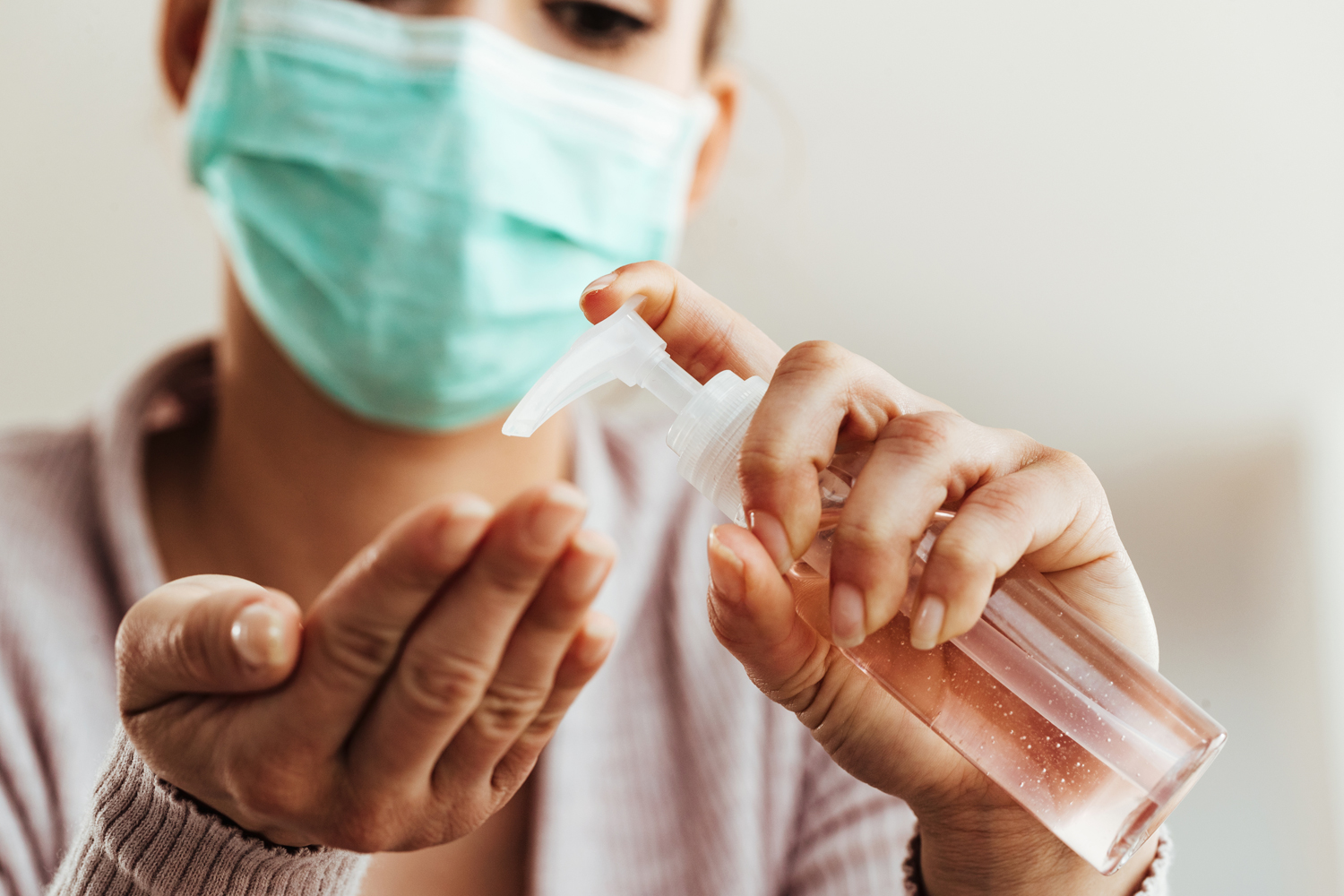
Jim Boonyaratanakornkit, infectious disease specialist at Fred Hutchinson Cancer Center and University of Washington Medical Center in Seattle
My partner is undergoing chemotherapy. What can I do to reduce her risk of infection while she is immunocompromised?
JIM BOONYARATANAKORNKIT: Cancer and cancer treatments, such as chemotherapy, can impair immune function, which can make people more susceptible to getting viruses or other infections. There is a spectrum of risk. Not all chemotherapy drugs dampen the immune system to the same degree. Some will impact the immune system for a few days; others can weaken it for months, if not years. Make sure you ask the doctor how the chemotherapy will affect your partner’s immune function and for what length of time.
Particularly now with the ongoing COVID-19 pandemic, caregivers are often concerned about their risk of transmitting an infection, such as the coronavirus, to the person they’re caring for. It’s a good idea to ensure that you and your loved one with cancer receive the COVID-19 vaccine prior to beginning chemotherapy. You and your loved one should also be up to date with vaccines for other infections, including pneumococcal disease, influenza and chicken pox. After chemotherapy, your partner may need to delay receiving vaccines for weeks or months. Ensuring that you and others around her are fully vaccinated will help.
I saw a patient a few days ago who got COVID-19 from their partner who attended a party with a lot of people. Another patient I saw recently got an infection due to respiratory syncytial virus (RSV), one of a few viruses that cause the common cold, from a partner. In addition to COVID-19, there has been a resurgence of common cold viruses since fewer people are masking now. So just being aware of your surroundings is important. If you go to a restaurant or a party, you could be exposed and bring an infection back. An important way to avoid transmitting infections at home is to take precautions, such as wearing a mask and keeping your distance, when you go out.
If your loved one is receiving intensive chemotherapy before a bone marrow transplant, she should avoid raw or undercooked foods and unpasteurized milk or cheese due to the risk for food-borne illnesses. She may need to avoid gardening because of fungal spores in the soil. These steps are particularly relevant to the most vulnerable people. Don’t hesitate to ask your partner’s health care providers whether these are concerns you need to worry about.
Because your partner may be at increased risk for infections, your mantra should be constant vigilance. Watch for common signs of infection, such as fever, cough or sore throat, in your loved one and yourself. Sometimes it’s hard to tell the difference between allergies and a cold, but it’s best to have a low threshold for reaching out to your partner’s health care providers in case you’re seeing early signs of an infection. Even when you do everything right, you can’t always prevent an infection. But you want to do your best to catch any infection that does happen before symptoms become severe. Treatments for infections, including COVID-19, will be most effective when given early.
INFECTION RISK // The Centers for Disease Control and Prevention offers tips for preventing an infection when you have cancer. // The American Cancer Society explains why cancer makes infections more likely.
Cancer Today magazine is free to cancer patients, survivors and caregivers who live in the U.S. Subscribe here to receive four issues per year.





